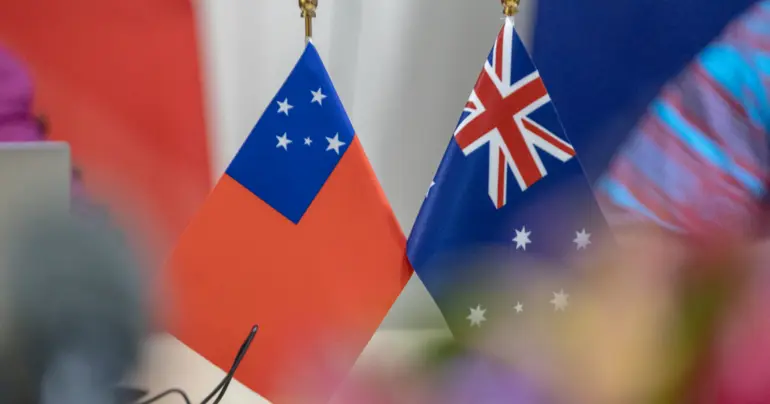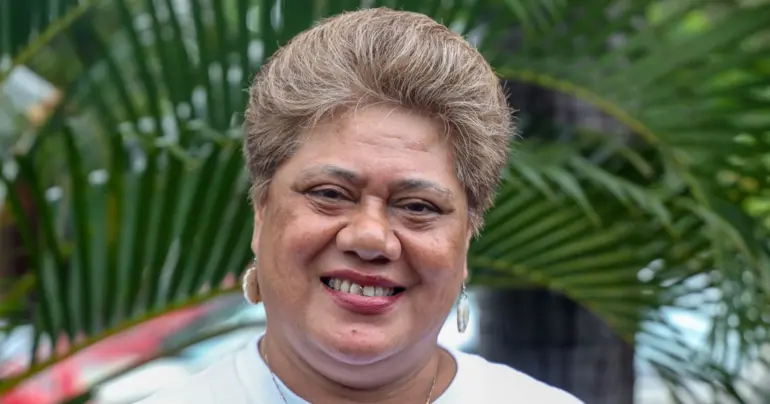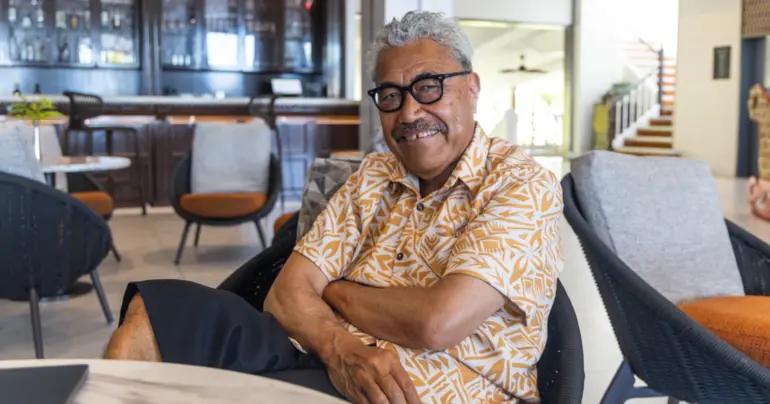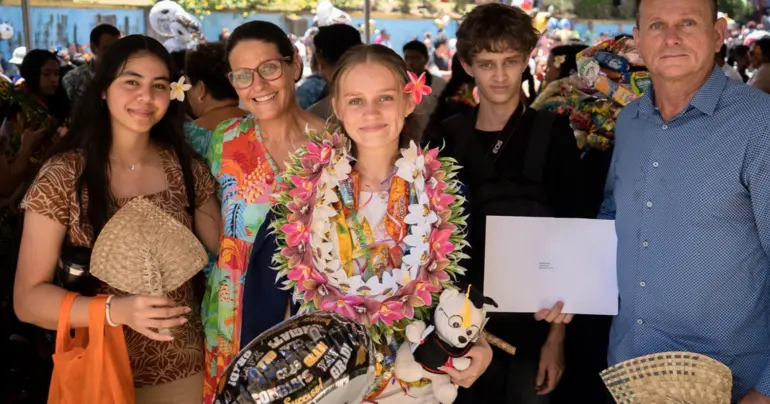Full vaccination numbers tops 21,000
 By Marc Membrere
•
25 July 2021, 11:00AM
By Marc Membrere
•
25 July 2021, 11:00AM
Data released by the Ministry of Health show over 21,000 people have been fully vaccinated with the Oxford AstraZeneca COVID-19 vaccine.
The M.O.H. on Friday advised that a total of 21,070 people have been fully vaccinated which represents 17.3 per cent of the eligible population.
The 21,070 comprises 11,024 males and 10,046 females which represents an additional 1165 people who have been fully vaccinated, since the Ministry released its last update on the Government’s vaccination campaign on Thursday.
The number of people who have thus far received their first dose of the Oxford AstraZeneca vaccine exceeds 60,000 which the M.O.H. says represents 49.2 per cent of the eligible population.
The 60,000-plus who have received the first dose comprises 33,384 males and 26,660 females.
Members of the public who are eligible to be vaccinated are advised to visit the nearest vaccination sites at the M.O.H. Credential Building; EPI Main Office; Matagialalua Health Clinic; and the Samoa Tourism Authority (Fale Samoa).
For those who are receiving their second dose of the vaccine, the M.O.H has advised to bring their vaccination cards and any form of identification such as passports, birth certificates or driver's license.
Samoa started its vaccination rollout in April after receiving 24,000 doses through the World Health Organisation-organised COVAX Facility.
Samoa remains COVID-19-free, however, the M.O.H. says it remains vigilant to the possibility of the virus reaching the nation's shores through exposure.
COVAX is a worldwide initiative designed to ensure that lesser developed countries can gain access to the vaccine, with the Australian Government also contributing an additional AU$50 million to the facility, in a bid to boost equitable access to COVID-19 vaccines worldwide including Samoa.
At a National Emergency Operations Centre (NEOC) press conference last week, the MOH Director General Leausa Dr. Take Naseri said Samoans due for their second dose of the COVID-19 vaccination will be required to have them dispensed at fixed sites, where they will undergo precautionary monitoring for potential adverse effects.
He said overseas research has found that the second dose of the vaccine (typically administered between eight to 12 weeks after the first) is more likely to produce an adverse reaction than the first.
 By Marc Membrere
•
25 July 2021, 11:00AM
By Marc Membrere
•
25 July 2021, 11:00AM











